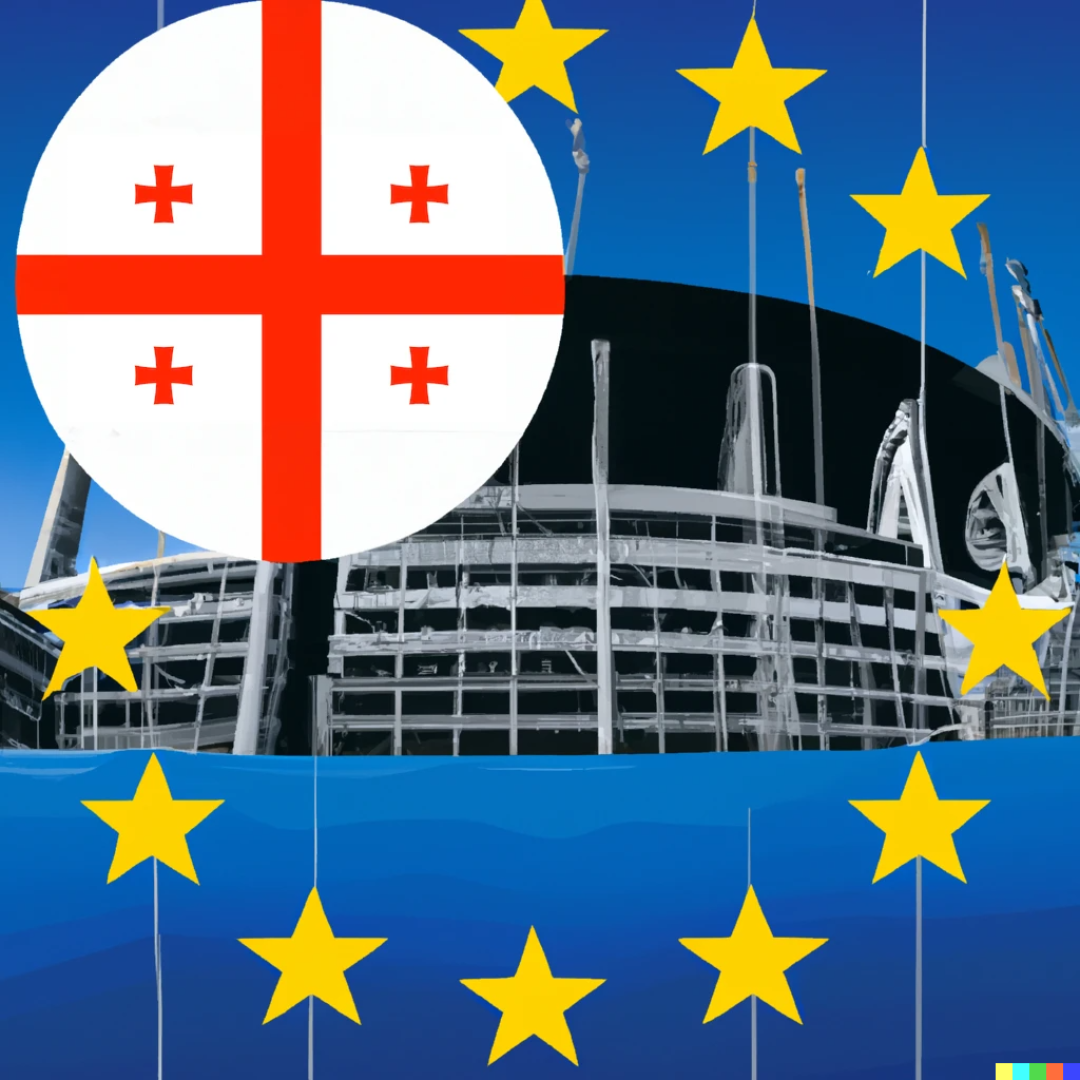
European Parliament Urges Stronger EU Action on Global Frozen Conflicts, Focuses on Georgia

On January 17, the European Parliament (EP) emphasized the necessity for a more robust approach from the Council of the European Union, the Commission, and the High Representative of the Union for Foreign Affairs and Security Policy in addressing frozen conflicts globally, with a particular focus on those in Georgia. The EP's recommendation underscored the call for stronger, more ambitious, credible, strategic, tangible, and unified EU action on the global stage.
The EP pointed out the significant threat to security in the Eastern neighborhood due to Russia's invasion of Ukraine and urges the EU to enhance the effectiveness of its security and defense policy, particularly in the Eastern Partnership countries. The EP suggested that the EU should autonomously set its objectives and pursue them to avoid repeating mistakes, identifying a lack of will by the Member States to step away from individual interests as a significant obstacle to the EU's global leadership in preventive diplomacy.
Furthermore, the EP recommended a comprehensive response to the instability in the broader South Caucasus region, drawing lessons from past EU-brokered ceasefire agreements, including the 2008 Russia-Georgia ceasefire agreement. The European Parliament called for the active pursuit of preventive diplomacy in frozen conflict areas to prevent escalation and promote stabilization.
In addition, the report urged the Union to strengthen diplomatic efforts, particularly within the context of the Geneva International Discussions (GID), to ensure Russia fulfills its obligations under the 2008 ceasefire agreement. This includes the specific withdrawal of occupying forces from Georgian regions.
See Also


Mirzoyan Meets US Deputy Assistant Secretary Joshua Huck

Azerbaijani President Holds Talks with UAE and German Business Delegations on Economic Cooperation

Grigoryan Confirms Armenia’s Readiness to Dissolve OSCE Minsk Group Upon Peace Treaty Signing

Azerbaijani Official Warns of Ecological Risks to Caspian Sea, Similar to Lake Urmia and Aral Sea

